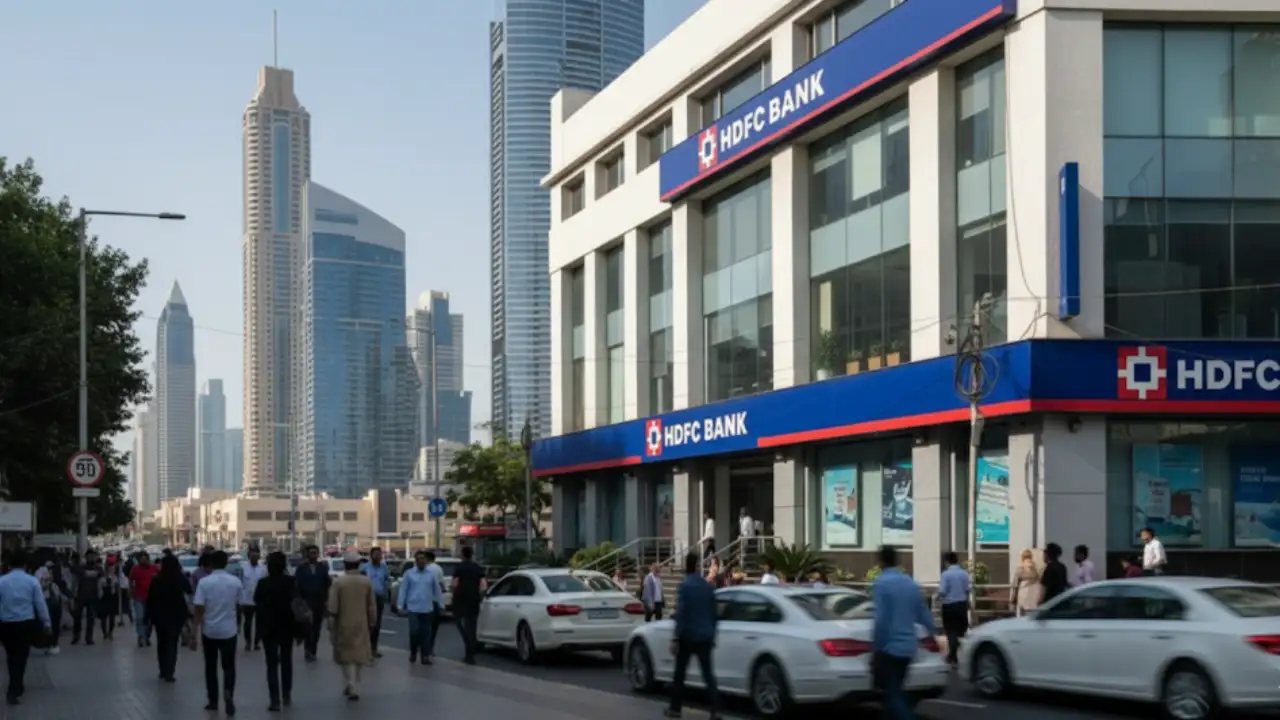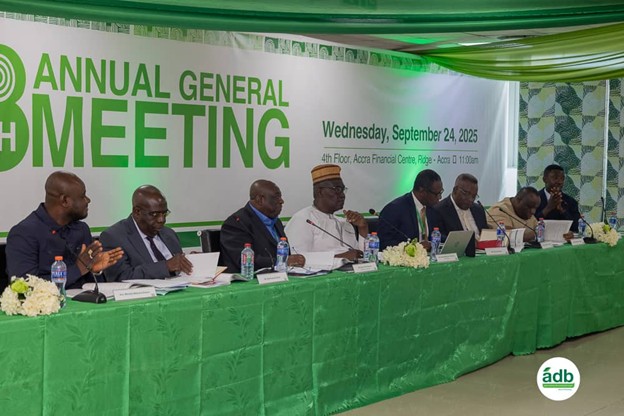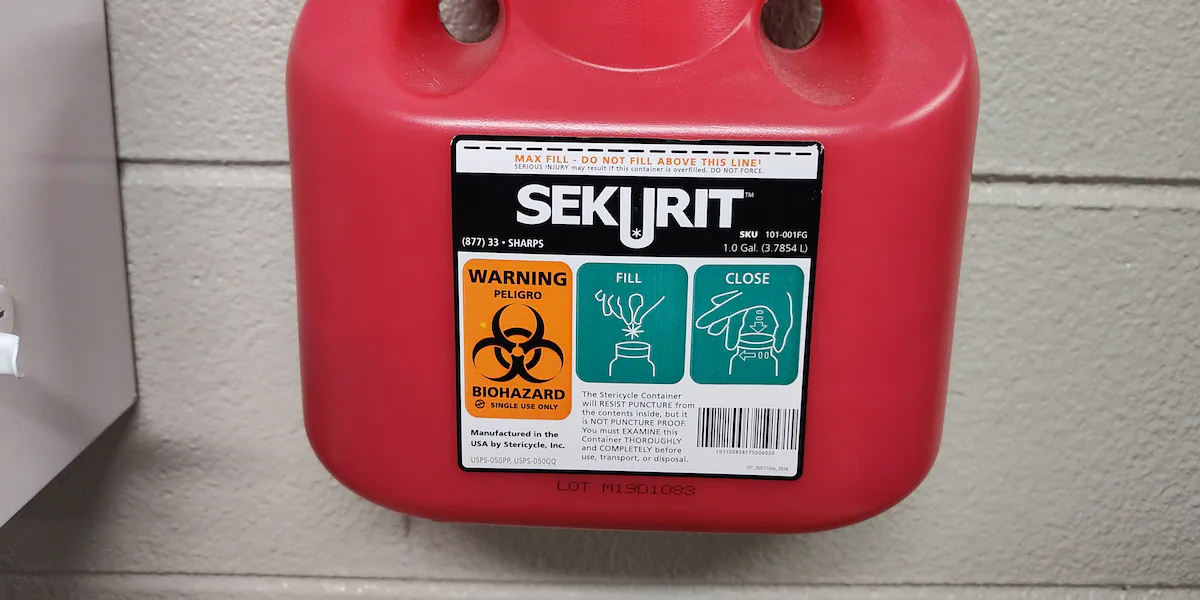By Edie Esg Resilience Series,Sarah George
Copyright edie

Just when you think things can’t get any more challenging or complex, they do. As a sustainability professional, this is a sentiment I hear and feel often.
The past year has been a period of deep introspection. It has been painful to observe a range of connected and compounding systemic shocks materialising: climate and nature breakdown, rising resource scarcity leading to cost-of-living pressures, deepening geopolitical conflicts and the politicisation of sustainability, to name a few.
When our skills should be most valuable, we’ve never felt more vulnerable. We’ve had to defend our purpose and values and dig deep to find our relevance in this new context.
The time for talk is over
So, how do we stay relevant? We must first acknowledge that the most powerful forces—climate change and economic transformation —are prevailing, regardless of political mood or will.
Key industrial systems, like energy, mobility, buildings, consumer products and food, are undergoing a massive economic transformation toward low-carbon, greener, resource-efficient alternatives. This puts significant ‘value at stake’ for all businesses.
The conversation is shifting away from mere compliance or token gestures and moving toward sustainability as a strategic driver of value and a source of competitive advantage. This requires a clear-eyed look at the risks and opportunities, such as building resilience against extreme weather, optimising the use of increasingly scarce and expensive resources, and preparing for a more sustainable demand.
Companies that act first and proactively to launch new solutions are the ones who will win in a world of constrained resources.
Building a sustainable future
This shift won’t happen just by transforming the supply side. To gain momentum and scale, it needs to capture people’s imagination and catalyse a different kind of demand. Companies must communicate a confident, compelling, and simple vision for a sustainable future.
This vision should be built on the aspiration of what there is to gain, not the fear of what we could lose. To achieve a cleaner, greener future, we need compelling stories that create a personal connection with nature-positive solutions, inspiring hope and possibility.
These stories of win-wins do exist. CBI Economics recently revealed that the UK’s green economy generated £83.1bn in gross value added (GVA) in 2024 – a year-on-year increase exceeding 10% despite headwinds for the national economy at large.
Green businesses collectively employ almost one million people across the UK, with the average staff member taking home more than £6,000 more than the national average in annual pay.
Key takeaways
The real question isn’t whether sustainability will regain its relevance, but rather how prepared we are as it does. We must apply the lessons from where we have fallen short.
First, we need to humanise sustainability, making it actionable, commercial, impossible to ignore, and integrated into the very core of an organisation’s purpose and operations. This allows us to create market-wide impact and holistic value.
Second, we must reinvent ourselves. We need to go from being mere compliance reporters to strategic business partners, from risk predictors to futurist backcasters, from cost centres to commercial creators, from environmental specialists to collaborative collectivists; from reactive adopters to radical innovators; and from defensive reporters to compelling storytellers.
Now is our opportunity to shift from defence to offence —catalysing a future that is more resilient, inclusive, and sustainable.
Munish Datta is the director of sustainability at Specsavers Group.
He is also an advisory board member for edie 26 and a fellow at the University of Cambridge.



